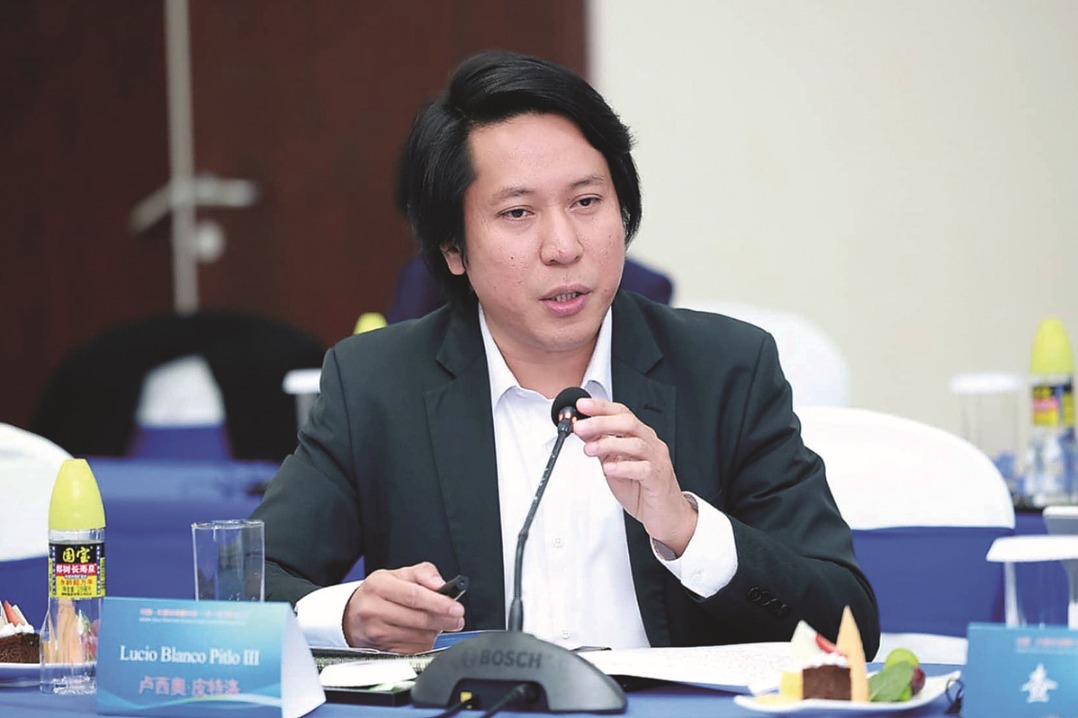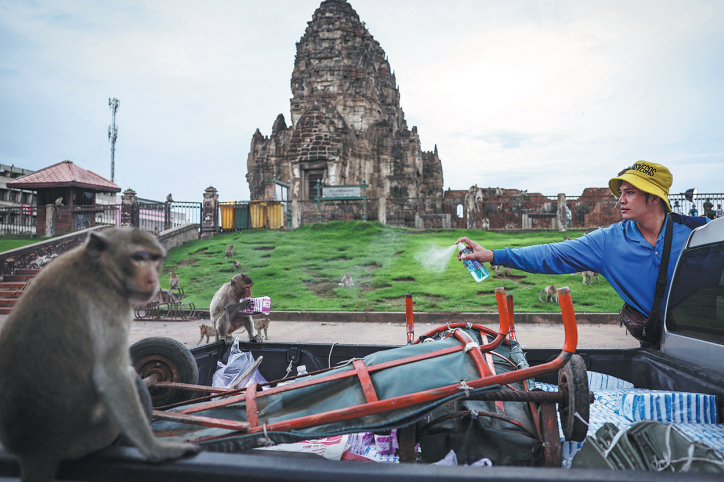China's mediation efforts offer hope for Africa's crises

Parts of Africa grappling with the dual challenges of armed conflicts and climate change are among the most vulnerable regions in the world, says a senior official at the International Committee of the Red Cross.
Patrick Youssef, the ICRC's regional director of Africa, has urged the global community to take concrete actions to address these intertwined crises. He also highlighted China's efforts in mediation and peace-building as exemplary.
"There are parts of Africa that are economically advancing like Kenya and South Africa, but there are also over 20 nations that are living in the horrors of war," Youssef said.
Armed conflicts are the primary cause of food insecurity in many parts of Africa, leading to severe malnutrition and escalating humanitarian crises, he said.
The ICRC's annual report reveals that five out of its 10 largest operations last year were in Africa, focusing on emergency assistance and long-term resilience programs for communities affected by conflict, violence, disasters and climate change.
"Moreover, people from countries affected by armed conflicts and violence are disproportionately impacted, especially because of climate change," Youssef said. No one feels the brunt of climate hazards — such as severe drought, flooding or desert locust infestations — as acutely as those enduring war, as seen in Ethiopia and Somalia, he added.
He highlighted the devastating effect on farmers and herders, whose livelihoods are severely threatened by climate-related disasters, exacerbating their vulnerability amid continuing conflicts.
According to the World Meteorological Organization, by 2030, up to 118 million extremely poor people in Africa — those living on less than $1.90 per day — will be exposed to drought, floods and extreme heat.
The WMO also said Africa has been warming at a rate faster than the global average, with the continent suffering deadly heat waves, heavy rains, floods, tropical cyclones and prolonged droughts in recent years.
While there is no direct causality between climate change and armed conflict, Youssef said that climate change exacerbates intercommunal tensions over natural resources. In addition, armed conflicts and the use of explosives significantly contribute to environmental degradation, he added.
Youssef called on the international community to recognize the compounded effects of armed conflicts and climate change in regions such as Mali, Somalia and parts of Sudan. "The people are living in armed conflict, then they are struck by a climate hazard. In my opinion, these are the most vulnerable in the world," he said.
Setting example
Youssef also praised China for its mediation efforts and the Forum on China-Africa Cooperation for fostering dialogue and peace-building initiatives. "China sets a great example of trying to mediate and call for mediation efforts for peace-building," he said.
He emphasized the need for investments and resources to create alternatives to conflict and provide the younger generation with a better future.
"China is a success story in the world in terms of economic growth. The sharing of its experiences and technologies for human development can be very beneficial for the African continent today," Youssef said.
"China is not a stranger to Africa," he said. "Many episodes of history have shown us how closely linked China and Africa are."
In addition, China's solutions to climate change and food security could be adapted to African realities with the help of Chinese expertise, aligning with local needs and capacities, he said.
In September, the ICRC signed a memorandum of understanding with the Alliance of Chinese Business in Africa for Social Responsibilities to collaborate on promoting sustainable development in Africa, improving local livelihoods and strengthening resilience. The ACBASR, a nonprofit with more than 1,700 members, supports Chinese companies in contributing to Africa's sustainable growth.
Youssef said the ICRC aims to build resilience not only at the community level but also at the individual level, empowering people to recover from economic setbacks and better prepare for climatic shocks. "Improving local livelihoods in partnership with the ACBASR would bring significant benefits to the local population," he said.
































